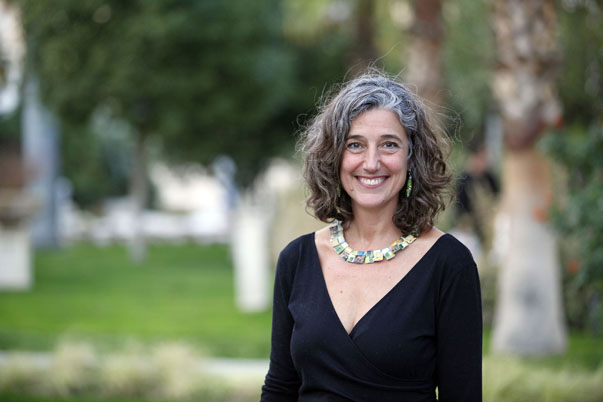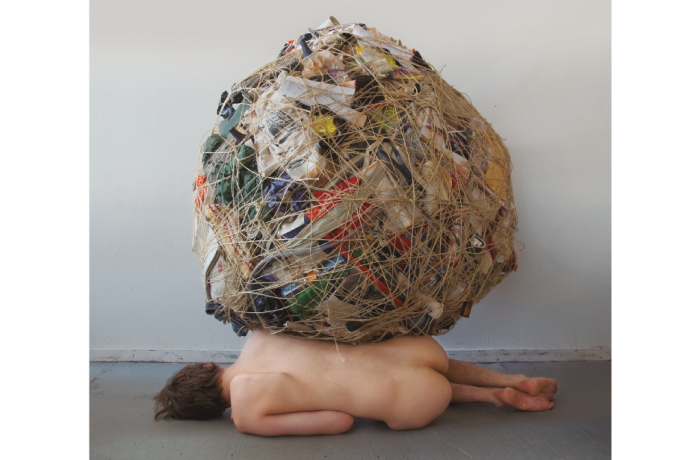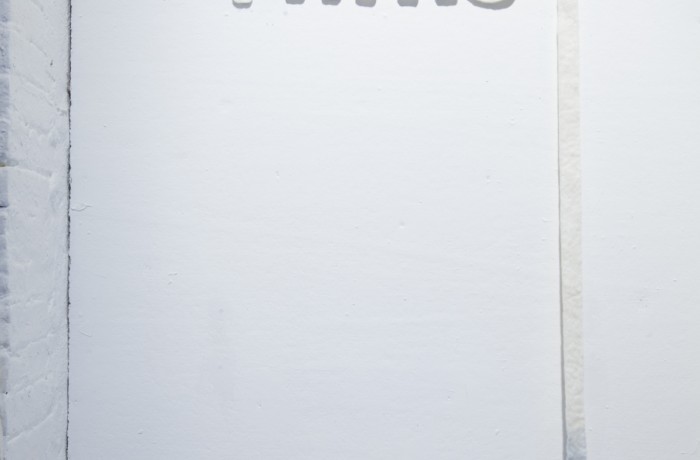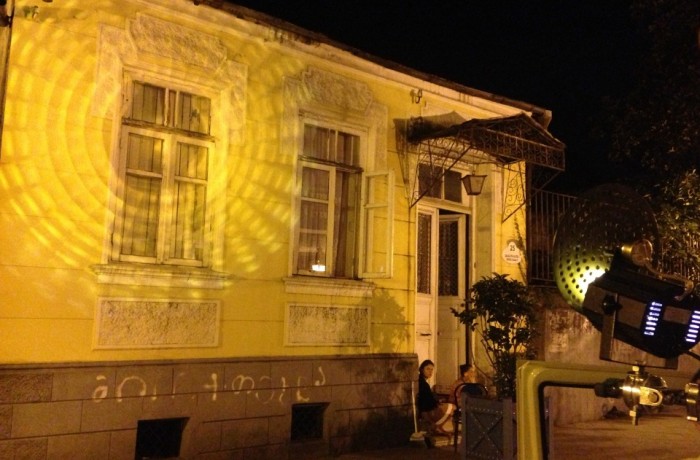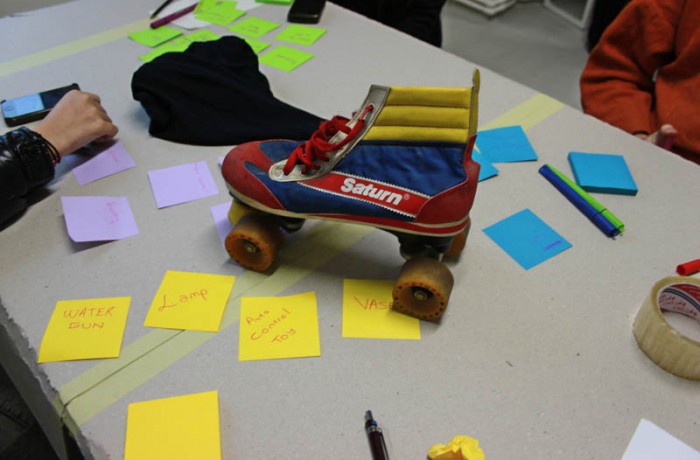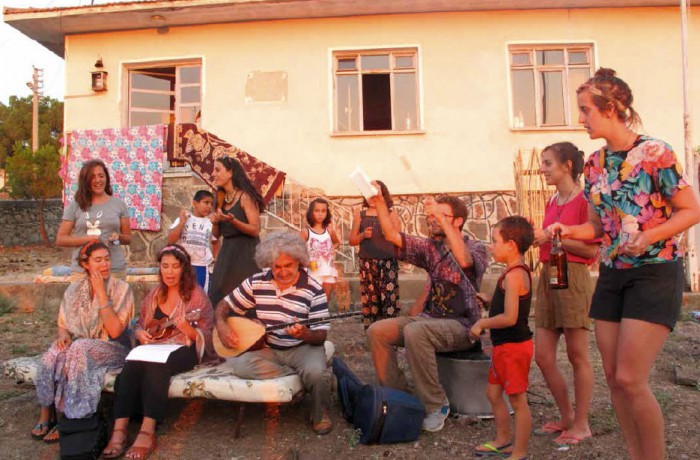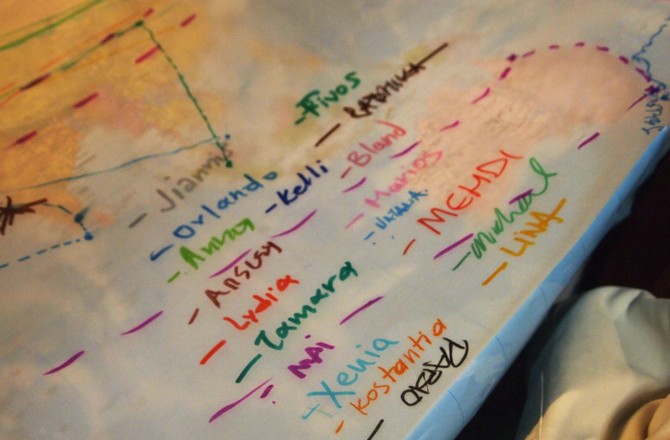If you start to understand the goal of curating to be about generating dialogue, or new sorts of social relations, or unusual forms of knowledge exchange–then that becomes the project’s focus and guides all curatorial decisions. The objects/images you choose to include may be aesthetically charged and of interest to an art-oriented crowd, but the ways that you curatorially activate those objects through co-creation or orchestrated dialogical exchanges has the potential of attracting much broader publics who want to engage with the issues that the art works raise.
Lydia Matthews is Professor of Visual Culture at Parsons and the Founding Director of the Curatorial Design Research Lab. A curator, writer, educator and cultural activist, she trained as a modern and contemporary art historian at UC Berkeley and London’s Courtauld Institute. Her work explores how today’s artists, artisans and designers foster critical democratic debates and intimate community interactions in the public sphere, often in response to a variety of urgent global and local conditions in their daily lives. Her essays have appeared in numerous journals and exhibition catalogs, and she has lectured internationally on socially-engaged art, craft and design practices. Commissioned by Fulbright, Open Society Foundation, Trust for Mutual Understanding, CEC Artslink, Lower Manhattan Cultural Council, Emre Senan Foundation and the US Embassy in the Republic of Georgia, her participatory curatorial projects in New York, the Post-Soviet region, Turkey and Southern Europe include exhibitions, community-based urban festivals, and multidisciplinary pedagogical exchanges addressing ecological and social sustainability. She is online at: www.lydiamatthews.com
SELECTED PROJECTS


